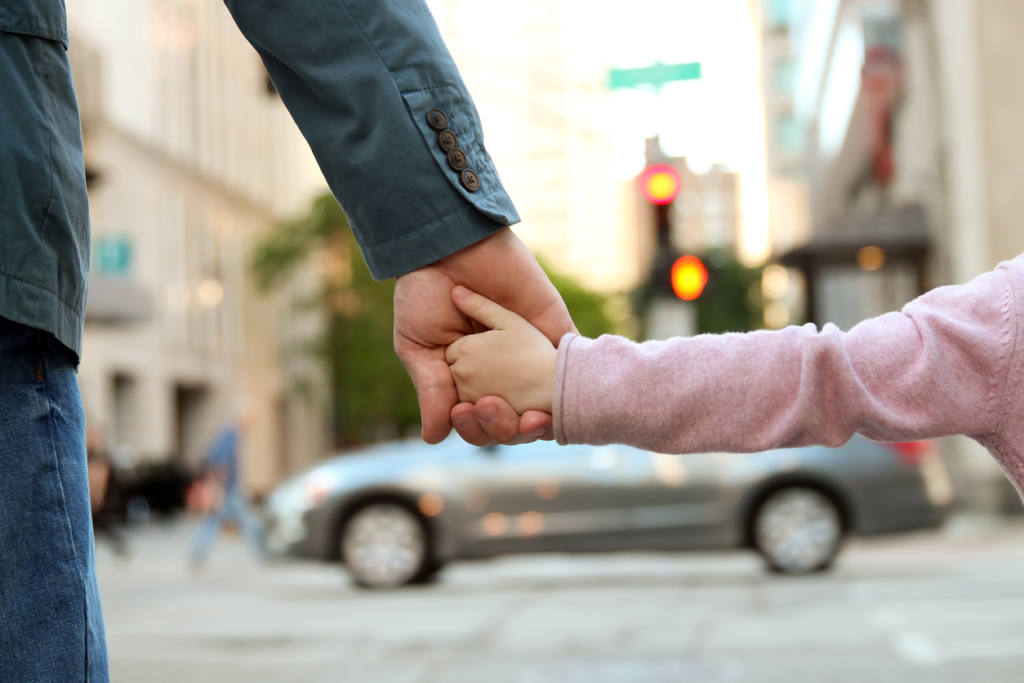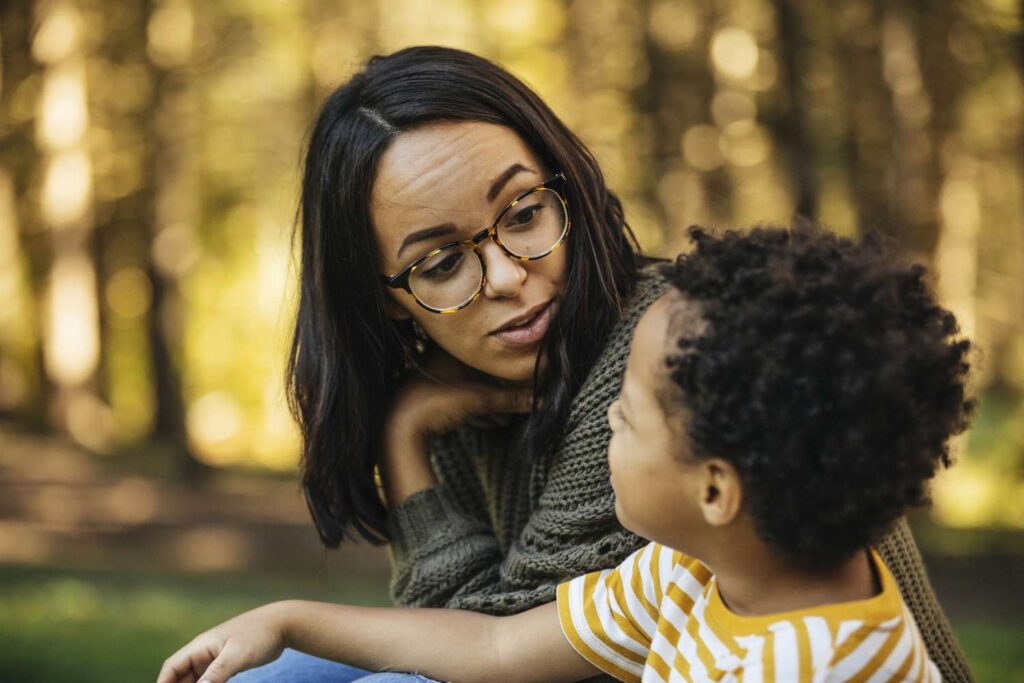Introduction
As parents, our primary instinct is to protect our children from harm. One of the most crucial ways we can do this is by equipping them with essential personal safety skills. Empowering kids to become their own guardians of safety not only builds their confidence but also helps them navigate the world more securely. In this blog, we’ll explore age-appropriate strategies to teach your children about personal safety – from road rules to recognizing trusted adults.
1: Street Smarts for Little Feet

Start with the basics of road safety. Teach your child the importance of holding your hand while crossing the street, using designated crosswalks, and looking left and right before crossing. Use real-life scenarios during walks or outings to demonstrate safe street behavior.
2: Safe Secrets
Teach your child the difference between “safe secrets” and “unsafe secrets.” Safe secrets are those that make them feel happy and comfortable, like planning a surprise party. Unsafe secrets are ones that make them feel scared or worried. Encourage an open dialogue so your child knows they can share unsafe secrets with you.
3: Stranger Danger

Discuss the concept of strangers with your child. Teach them that not all strangers are bad, but they should never go with or talk to a stranger without your permission. Role-play various situations to help them practice saying “no” and seeking help from a trusted adult.
4: Trusted Adults
Help your child identify a circle of trusted adults, such as parents, grandparents, teachers, and close family friends. Emphasize that these individuals are safe to ask for help in any situation. This can be a valuable lesson in discernment for your child.
5: Body Autonomy

Teach your child that their body belongs to them and that they have the right to say “no” to any physical contact that makes them uncomfortable. Encourage open conversations about their body and boundaries, reinforcing that you’re always there to listen and support them.
6: Phone Numbers and Home Address
As your child grows, teach them their full name, your phone number, and your home address. This information is vital in case they ever get lost or need help. Turn it into a fun game to help them memorize these details.
7: Emergency Contact Role-Play

Play a game where you simulate an emergency situation and practice what your child should do. Teach them how to dial emergency numbers like 911 or your local emergency services and guide them on what information to provide.
8: Online Safety
As technology becomes an integral part of children’s lives, educate them about the importance of online safety. Teach them not to share personal information, passwords, or engage with strangers online. Explain that they should immediately report any suspicious activity to you.
Empowering kids with personal safety skills is a journey that requires ongoing communication, trust-building, and age-appropriate guidance. By arming your child with knowledge and skills, you’re providing them with a valuable toolkit to navigate the world confidently and securely. Remember that every child develops differently, so tailor your discussions to your child’s age, understanding, and comfort level. The goal is to foster a sense of awareness, empowerment, and open communication so that your child can be a guardian of their own safety.
Subscribe to Virtual Parenting Hub for more valuable resources on teaching personal safety to your children. Equip them with the skills they need to stay safe and confident as they explore the world around them. Your child’s safety is our priority!
Also Read: Friendship and Social Skills for Kindergarteners: Nurturing Cooperation and Empathy












